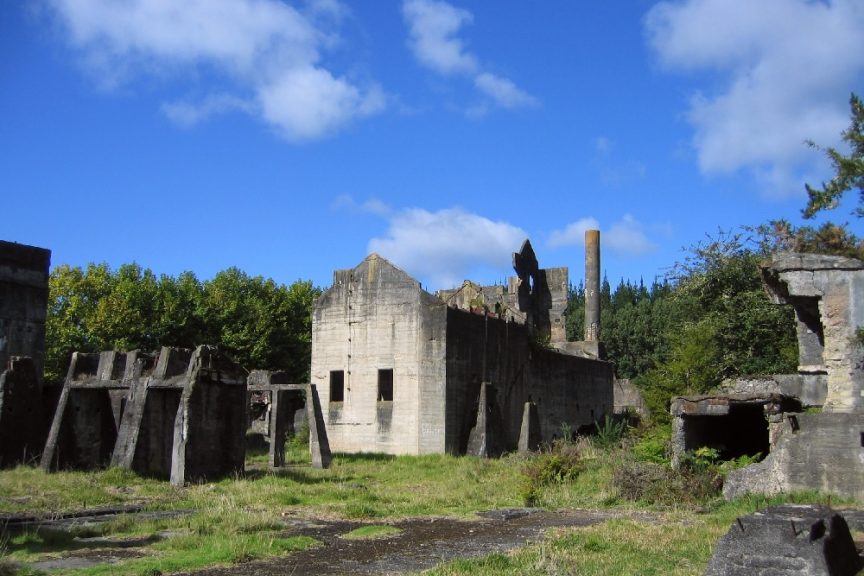An experimental steel mill in Sweden could revolutionize steelmaking and guide the industry towards an even more sustainable future.
A new, more environmentally friendly kind of steel mill could help Sweden sweeten the deal for steelmakers around the world.
In a move that could transform the steel industry, three Swedish companies announced the launch of HYBRIT, a pilot program to build a steel plant that’s powered solely by hydrogen. A collaboration between steel manufacturer SSAB, mining company LKAB, and power company Vattenfall, the venture could lower CO2 emissions in Sweden by as much as 10%.
An Ambitious CO2-llaboration
HYBRIT allows steelmakers to work with hydrogen rather than coke, which Sweden imports from Australia and other distant countries. Hydrogen emits water instead of carbon dioxide, which means that it produces far fewer CO2 emissions during the purification process that removes excess materials from raw steel.
Before they can implement this process, Swedish power plants will need massive reconfigurations — ones that will be jointly funded by the Swedish government and the three private companies involved in the program. The government is expected to supply half of the funding (the pilot project is currently slated to cost about two million Euros), while SSAB, LKAB, and Vattenfall will cover the rest.
An Important Move Towards a Sustainable Future
It’s not surprising that Sweden would host such a groundbreaking project. 4% of the country’s industrial labor force — about 25,000 employees — works in the steel industry, and its steelmakers have access to the richest iron ore in Europe. Sweden relies more on alternative energy sources than many other countries, which makes it an ideal setting for energy entrepreneurs to experiment and invest.
“With our commitment to the HYBRIT initiative, we are contributing to the long-term competitiveness of the Swedish steel industry and gearing up work on the unique green energy systems,” the Swedish Energy Agency’s Director General Erik Brandsma told the Climate Action Programme in February.
Sustainability Requires Good Dust Control
Regardless of how they’re powered, steel mills rely on the use of yards and roads that inevitably kick up fugitive dust. That’s why a steel industry that runs on hydrogen will still need to build and execute an effective dust control program if it wants to be truly sustainable.
For more than four decades, Midwest Industrial Supply, Inc. has provided steelmakers with a industry-leading suite of synthetic organic dust control products that suppress dust throughout the worksite. Our managed application program are designed to reinforce unpaved roads by working with their native soils and engineering them into a surface as durable as paved asphalt. When applied correctly, our patented product EnviroKleen® can minimize dust emissions, improve loading capacity, and prevent moisture penetration.
If you’re struggling to manage dust on your worksite, Midwest can work with you to develop an application strategy or managed service program that’s tailored to your company’s needs. As steel moves towards a more sustainable future, Midwest is here to help you maximize productivity without undermining efficiency.


